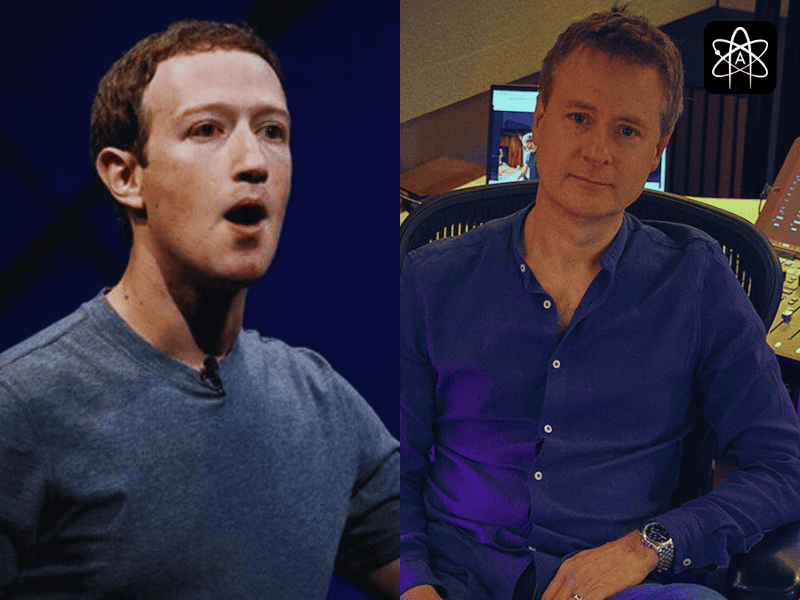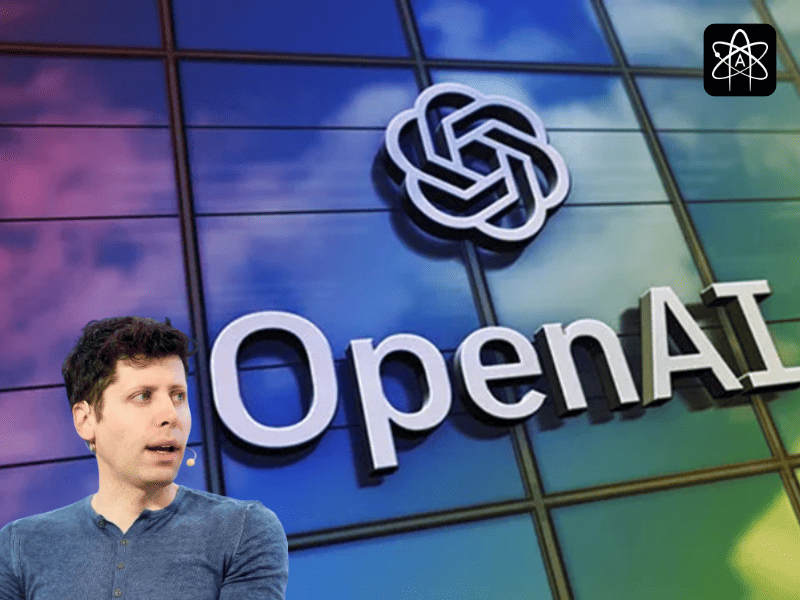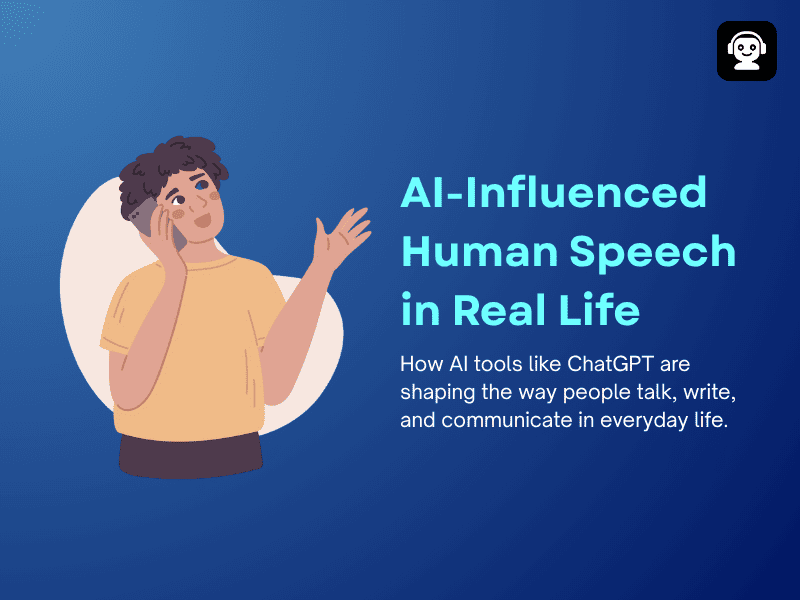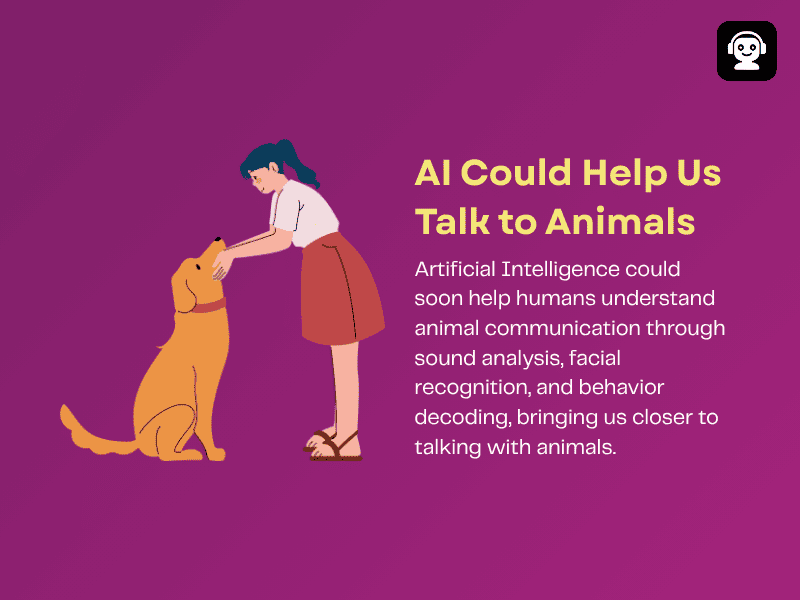Andrew Tulloch: Former OpenAI Engineer Who Rejected Zuckerberg’s $1 Billion Offer
Andrew Tulloch is a machine learning expert and an Australian computer scientist who has become a prominent figure in

Andrew Tulloch is a machine learning expert and an Australian computer scientist who has become a prominent figure in the world of technology. He gained popularity by working on GPT models and making bold moves and was formerly associated with OpenAI. He turned down Meta’s billion-dollar job offer, which showcases how values are more essential than money in this rapidly transforming AI landscape.
From OpenAI to Thinking Machines Lab
Andrew Tulloch, after quitting OpenAI, co-founded Thinking Machines Lab with former CTO of OpenAI Mira Murti and various other leading researchers in AI. This startup is based on open research and multimodal AI, and has gained more than $2 billion in seed funding. The leadership of Andrew Tulloch is important for reshaping the advanced ML strategies and mission-first culture of the company.
Career choice of AI Ethics over a Billion-dollar
By rejecting Meta’s offer, Andrew Tulloch showcased his commitment to ethical AI. This decision-making of Tulloch sets him apart. His decision reflects a wider choice in the career of the AI ethics movement, where the research shows open-source work, transparency, and alignment with the mission rather than personal financial gain. For Tulloch, integrity is over incentives.
An Employee with Mission
Andrew Tulloch has evolved from a lead in technology to a co-founder with purpose, although he was a meta-engineer. At the Thinking Machines Lab, he is creating tools for impact and not just performance. Tulloch’s impact goes beyond code- as he now leads new candidates and advocates in AI development spaces for responsible innovation.
Loss of Meta is the gain of AI.
When Tulloch made the decision of not to return as a Meta engineer, he sent a clear note on the future of Artificial Intelligence. His focus on long-term missions and distributed ML systems reflects a paradigm shift. This move by Tulloch might be an example for others to transform the meaning of achievement in the community of AI.
Why Andrew Tulloch is relevant now
The story of Andrew Tulloch is about the evolving DNA of Silicon Valley and not just rejecting a large amount of money. Tulloch’s way, starting from OpenAI to Meta and then going back to startups, showcases that the AI power doesn’t belong to billion-dollar corporations anymore. There are leaders like Tulloch that are reflecting that innovation and independence can thrive alongside.
The Thinking behind Thinking Machine Lab
Andrew Tulloch and his team at Thinking Machines Lab are creating multimodal AI tools for the next generation that can compete with various offerings from technology. In the early success of the lab, strong leadership and a billion-dollar valuation are a testament to what high-caliber and principled researchers can achieve. The expertise of the distributed ML system of Tulloch is known to be central to the future of the breakthroughs of the Thinking Machine Lab.
Expertise in Distributed ML Systems
The technical background of Andrew Tulloch is both influential and rich. He has played essential roles in developing GPT 4.5 and GPT 4o, which pertain to OpenAI’s infrastructure. Tulloch’s work in distributed ML systems has showcased new standards in efficiency and scalability for huge language models. It is no surprise that Meta was desperate to have this kind of talent in their model.
Read More: Rod Stewart’s AI Tribute to Ozzy Osbourne Faces Strong Criticism Over ‘Heavenly Selfies’
Read More: NVIDIA Stock Performance Q2 2025: AI Growth and New Market Leadership
The Billion-dollar offer of Meta falls short.
As Meta is desperately creating its AI Superintelligence team, the organization decided to approach Andrew Tulloch by offering $1–1.5 billion multi-year compensation package. But, being a meta engineer in the past, Andrew Tulloch shocked the insiders of the company by turning down the offer. This decision of Tulloch marks an increasing trend: professional researchers now prioritize their vision and purpose rather than offering astronomical salaries.
A new era of AI leaders
Andrew Tulloch has created a new generation of AI Leaders- ethically grounded, technically brilliant, and fearlessly independent. No matter if it is his commitment to open research or his turning down the billion-dollar offer of Meta, Tulloch is reshaping what it means to become a leader at the edge of artificial intelligence. The world is understanding, and Tulloch is just getting started.
FAQs
Which is the organization that Tulloch founded after OpenAI?
Alongside Mira Murti and various other OpenAI researchers, Thinking Machines Lab is the company Tulloch co-founded.
What is the reason behind Tulloch rejecting Meta’s $1 billion offer?
He focused on mission alignment, ethics, and independence of the startup over his financial gain.
What is the expertise area of Andrew Tulloch?
Large-scale AI models, Distributed ML systems, and machine learning infrastructure.
What drives the career choices of Tulloch?
Open research, Strong commitment to AI ethics, and mission-driven development.
Was Tulloch a meta engineer previously?
Yes, Andrew Tulloch was a meta engineer before co-founding a startup and joining OpenAI.





